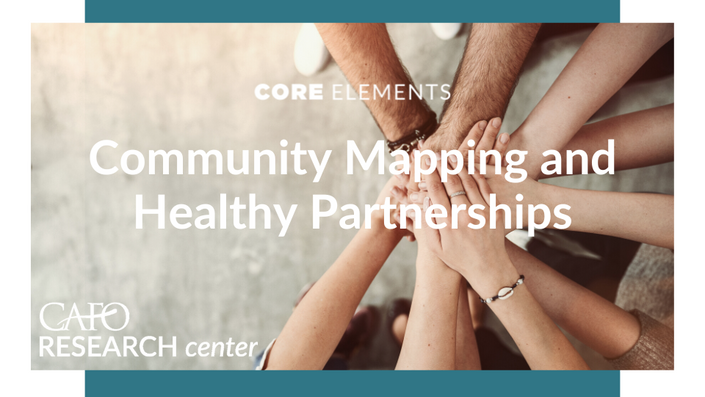Welcome to Child Development!
Human development (or child development) is simply a fancy way of talking about growth. Children grow and develop based on the inputs in their lives, a combination of genetics, circumstance, nurture, relationships, and more. As people who serve vulnerable children and families, it is important to have a general knowledge of child development. In this eCourse, you will learn about the stages of development, key principles for creating a developmentally-friendly environment, how early adversity impacts child development, and how to create and implement a plan that gives the children you serve the best possible environment for development.
Hybrid Course Live Meeting Dates: Wednesdays, 10-11am CST
Week 1: March 13
Week 2: March 20
Week 3:March 27
Week 4: April 3
Event times are listed in Central Standard Time (CST), but you can use this time zone converter tool to determine the corresponding time where you live.

What Will You Learn?
- Appropriate, healthy, normal child development
- How early adversity can impact it both now and in the long term
- Strategy for identifying where a child is and helping them to move one step in the right direction for their development
- Tools that you can utilize to make a simple plan to ensure that every child in your program is moving in the right direction
Who Should Take This Course?
Anyone who works with vulnerable children and families in a global context: Organizational leadership and staff, volunteers, contractors, partners, community members, parents and caregivers, etc.
This Course can be completed on your own, with a partner, or as a team. Teams learning together is where growth begins, and we are here to support you in your process of equipping your team to care well for vulnerable children and families. If cost might be a barrier, we offer full and partial Learning Grants for individuals and teams. To be considered for a grant, please fill out this grant application form prior to enrolling.

What You Can Expect

Discussion and Ongoing Collaboration with a Community of Peers
Connect with others in the field to reflect on topics, problem-solve, discuss next steps, and highlights relevant resources for further investigation both during and after the conclusion of the course via a peer learning community.

Editable, Logo-Free
Tools and Templates
Use our editable, logo-free templates to help you make a plan of action for how you can improve the quality of service you provide. These free introductory tools are accessible to any organization or advocate.

CAFO Certificate of
Completion
Earn a CAFO Certificate of Completion by which CAFO stands behind your commitment to learn, grow in, and apply best practices and wisdom-guided.
Example Curriculum

About the Instructor
Joy Fitterer serves as the Learning Manager for CAFO’s Center on Applied Research for Vulnerable Children and Families. As a lifelong learner and educator, she has spent the past 18 years as a public school teacher, instructional coach, university professor, director of education and nonprofit board member for organizations serving students and families in the U.S. and abroad. She has also served the local church as a Missions Director and Director of Leadership Development. Joy is especially passionate about creating experiences that foster growth and development for the vulnerable and overlooked.
Joy holds an Ed.D. in Learning Organizations and Strategic Change, a MS in Cultural and Educational Policy, a MS in Language, Literacy and Specialized Instruction, and a BS in Secondary Education, English, and Journalism.
The Core Elements of Success in OVC Care
This eCourse is part of the Core Elements of Success in OVC Care program. It is targeted toward supporting NGOs serving vulnerable children and families as they develop and engage in partnerships with government agencies, other NGOs, churches, and other stakeholders, but principles may apply more broadly.
Ideally, it will be used in conjunction with the Core Elements Self-Assessment and other Core Elements eCourses. We recommend that you take the Core Elements Self-Assessment prior to enrolling in the course.
This eCourse can be completed on your own, with a partner or as a team. We believe that teams learning together is where growth begins, and we are here to support you in your process of equipping your team to care well for vulnerable children and families.


